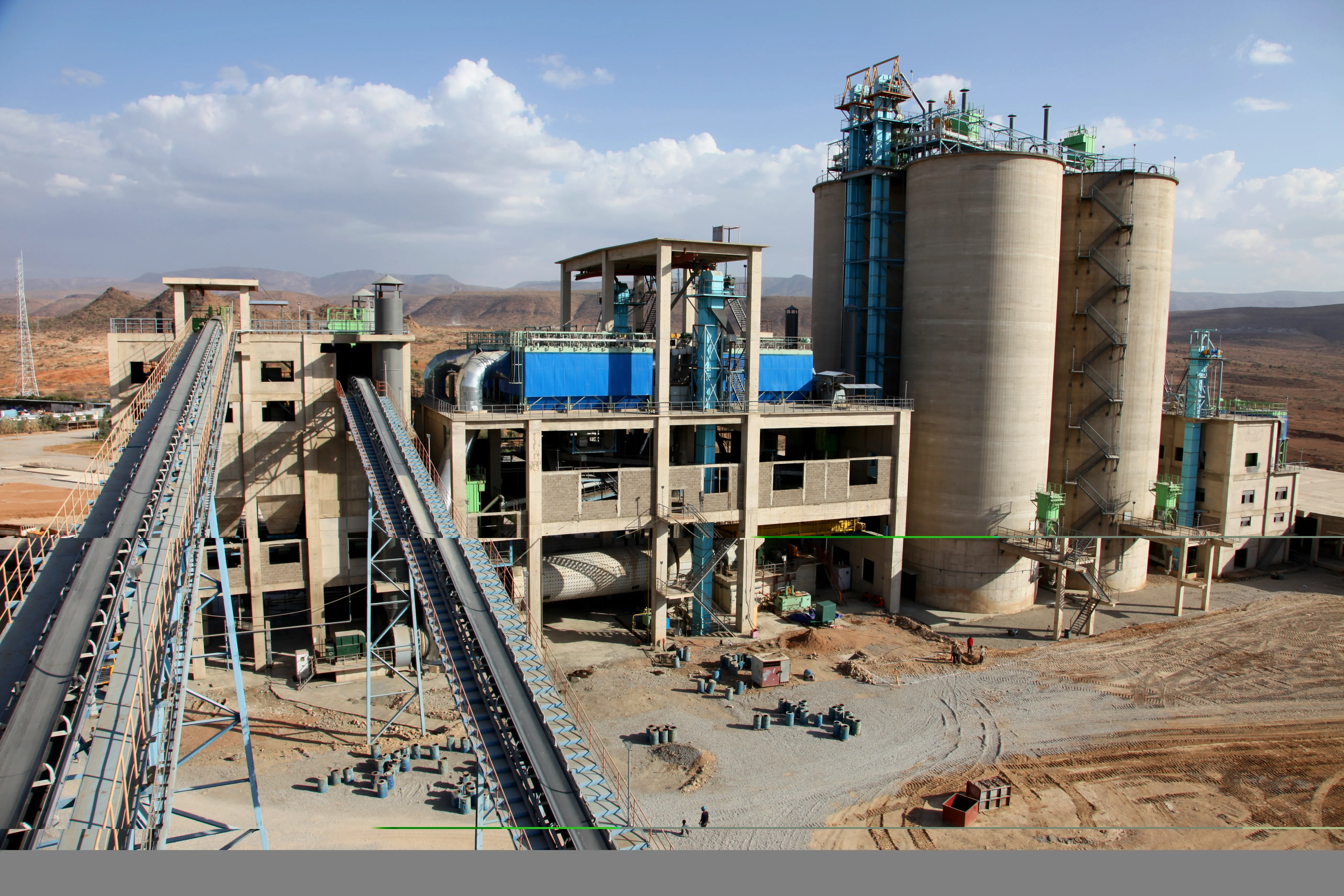Russia is setting out plans for development of its transport network, with road construction and maintenance amongst the areas being prioritised. The new plan will run from 2016-2021 and has been established by the Transport Ministry. In all the country intends to spend close to US$90 billion developing transportation. The construction of new federal highways and rebuilding of existing links will be high on the agenda for action. During 2016, the plans call for 360km of new motorways opening for traffic.
June 13, 2016
Read time: 1 min
Russia is setting out plans for development of its transport network, with road construction and maintenance amongst the areas being prioritised. The new plan will run from 2016-2021 and has been established by the Transport Ministry. In all the country intends to spend close to US$90 billion developing transportation. The construction of new federal highways and rebuilding of existing links will be high on the agenda for action. During 2016, the plans call for 360km of new motorways opening for traffic.
At present there is concern in Russia that many of the country’s federal roads do not meet requirements with regard to safety. But the plan includes improvements to key routes to boost safety standards in line with regulations. Work will be carried out to 3,000km of roads in 2016 and 5,900km in 2020.
At present there is concern in Russia that many of the country’s federal roads do not meet requirements with regard to safety. But the plan includes improvements to key routes to boost safety standards in line with regulations. Work will be carried out to 3,000km of roads in 2016 and 5,900km in 2020.








